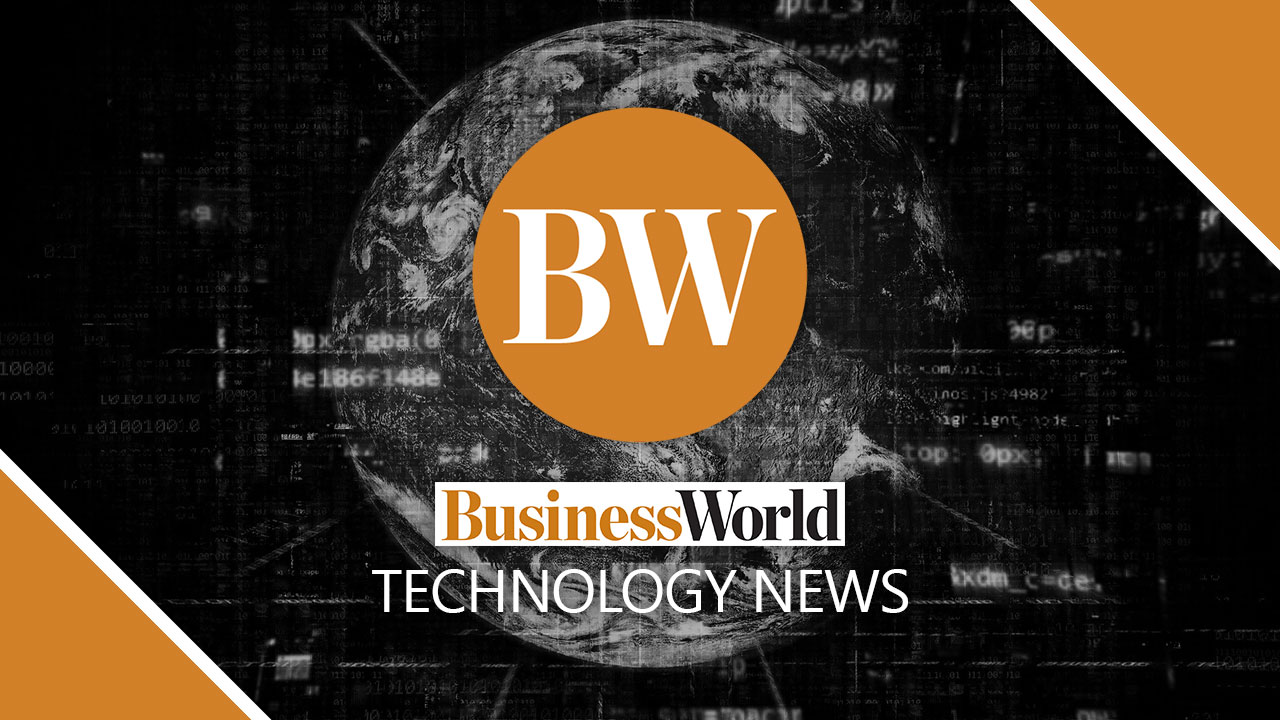Tablet makers get boost from suspended face-to-face learning

TABLET manufacturers continue to benefit from the Philippines’ suspension of face-to-face classes, with the International Data Corp. (IDC) reporting an increase in their market shares in the second quarter.
The Philippine tablet market “almost doubled” in the second quarter compared to last year, growing by 97.9%, IDC said in an e-mailed statement on Tuesday.
South Korean company Samsung’s share in the Philippine tablet market increased to 45.4% in the second quarter from 18.8% in the same period a year ago.
China’s Lenovo followed with a 16.4% market share, up from 11.4% in the second quarter of 2020.
Meanwhile, Philippine-based Cherry Mobile’s share went down to 9.1% from 14.3%.
China’s Huawei also saw its market share drop to 6.5% from 19.4%.
“The tablet market’s performance for the rest of the year will still be driven mainly by the education segment due to procurements from other LGUs (local government units), as face-to-face classes have remained suspended until further notice due to the resurgence of COVID-19 (coronavirus disease 2019) cases,” said Angela Jenny V. Medez, client devices market analyst at IDC Philippines.
“However, we do not expect the same momentum compared to the previous year, as some local government units prioritize the rollout of vaccinations. New procurements will be from other cities outside of Metro Manila,” she added.
President Rodrigo R. Duterte has approved a pilot test of limited in-person classes in areas with a low number of COVID-19 cases.
Only 100 public schools and 20 private institutions were authorized to participate in the pilot test, according to Education Secretary Leonor M. Briones.
The pilot test will be conducted with a combination of face-to-face classes in school and distance learning for two months.
In-person classes will be conducted half-day every other week. — Arjay L. Balinbin



